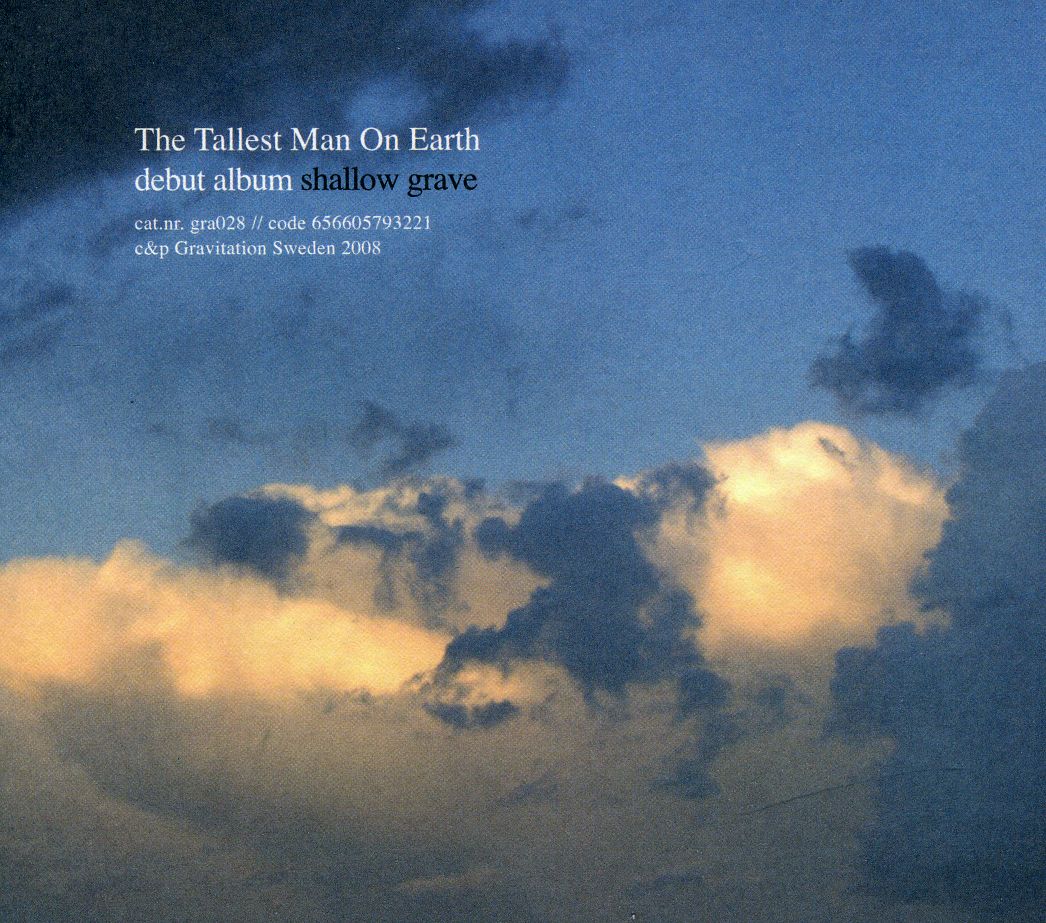
description
7A CHRISTIAN ORTHODOX CLASSIC
Imperial Russia, 1900: Resigned, hopeless, and fighting a Church he no longer believes in, Father Paul's crisis of faith and despair in the seeming futility of his chosen vocation opens up the powerful and emotionally engaging story of The Archbishop.
Rather than abandoning his parish in search of the truth, Father Paul's quest is a simple one: to find the true essence of Christianity.
A Modern Day Apostle to the Downtrodden
Set against the backdrop of a harsh and cold Russian countryside along the River Volga, with its unyielding poverty and hardships, The Archbishop follows Father Paul as he searches to understand God and the parlous state of the world around him.
It is not until he meets the eponymous Archbishop that he finds revelations that do more than just answer his soul-searching questions. More than this, he finds a true shepherd determined to spread a more authentic message of Christ to the people who follow him.
But even the divine truth that Father Paul finally finds in this dreary, cold hamlet where religion seems to be fading from relevance is not free from earthly machinations. Although he discovers something that will change his life forever, the realities of the world around him remain unyielding and unchanging.
Condemned, burned, and banned by iconoclastic Bolsheviks during the earliest years of Soviet Russia as it pushed an agenda of militant atheism, The Archbishop's spiritual guidance was almost lost among countless other Eastern Orthodox works.
The Archbishop provides deep spiritual insight and guidance into a world distant from ours, despite the chasms of difference in culture, time, and space. Sometimes funny, often tragic, and other times angering, this hidden Orthodox gem does not shy away from asking big questions - nor from answering them. It remains a work full of spiritual lessons that will resonate profoundly with the modern-day American Orthodox clergy and their laity.
member goods
No member items were found under this heading.
Return Policy
All sales are final
Shipping
No special shipping considerations available.
Shipping fees determined at checkout.







